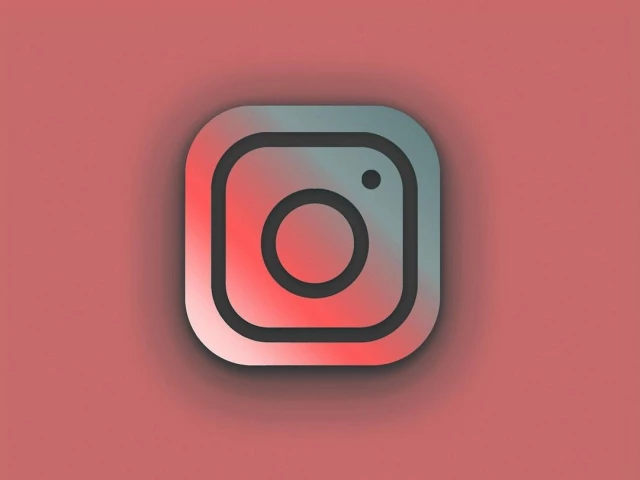Instagram pushes more 'eating disorder content' to vulnerable teens, finds Meta
Teens who felt bad about their bodies saw over triple the eating disorder content on Instagram

Meta researchers found that teens who report that Instagram regularly made them feel bad about their bodies saw significantly more “eating disorder adjacent content” than those who did not, according to an internal document reviewed by Reuters.
The posts shown to those users featured “prominent display” of chest, buttocks, or thighs, “explicit judgement” about body types and “content related to disordered eating and/or negative body image.”
While such material is not banned on Instagram, the researchers noted that parents, teens and outside experts have told Meta they believe it is potentially harmful to young users.
Read More: TikTok removes over 25m videos in Pakistan for violating guidelines in Q2 2025
Meta surveyed 1,149 teens over the course of the 2023-2024 academic year about whether and how often they felt bad about their bodies after using Instagram. Then they manually sampled the content those users saw on the platform over a three-month period.
The study showed that for the 223 teens who often felt bad about their bodies after viewing Instagram, “eating disorder adjacent content” made up 10.5% of what they saw on the platform. Among the other teens in the study, such content accounted for only 3.3% of what they saw.
“Teens who reported frequent body dissatisfaction after viewing posts on Instagram… saw about three times more body-focused/ED-adjacent content than other teens,” the authors wrote, referring to eating disorders, according to a summary of the research reviewed exclusively by Reuters.
In addition to seeing more eating disorder-adjacent content, researchers found, the teens who reported the most negative feelings about themselves saw more provocative content more broadly, content Meta classifies as “mature themes,” “Risky behavior,” “Harm & Cruelty” and “Suffering.” Cumulatively, such content accounted for 27% of what those teens saw on the platform, compared with 13.6% among their peers who hadn’t reported negative feelings.
Also Read: How an AWS database hiccup froze the web
Meta researchers expressed concern
The researchers stressed that their findings did not prove that Instagram was making users feel worse about their bodies. “It is not possible to establish the causal direction of these findings,” they wrote, noting the possibility that teens who felt bad about themselves could be actively seeking out that material.
Amazon's cloud services unit AWS was recovering on Monday from a widespread outage.












1724319076-0/Untitled-design-(5)1724319076-0-208x130.webp)






COMMENTS
Comments are moderated and generally will be posted if they are on-topic and not abusive.
For more information, please see our Comments FAQ